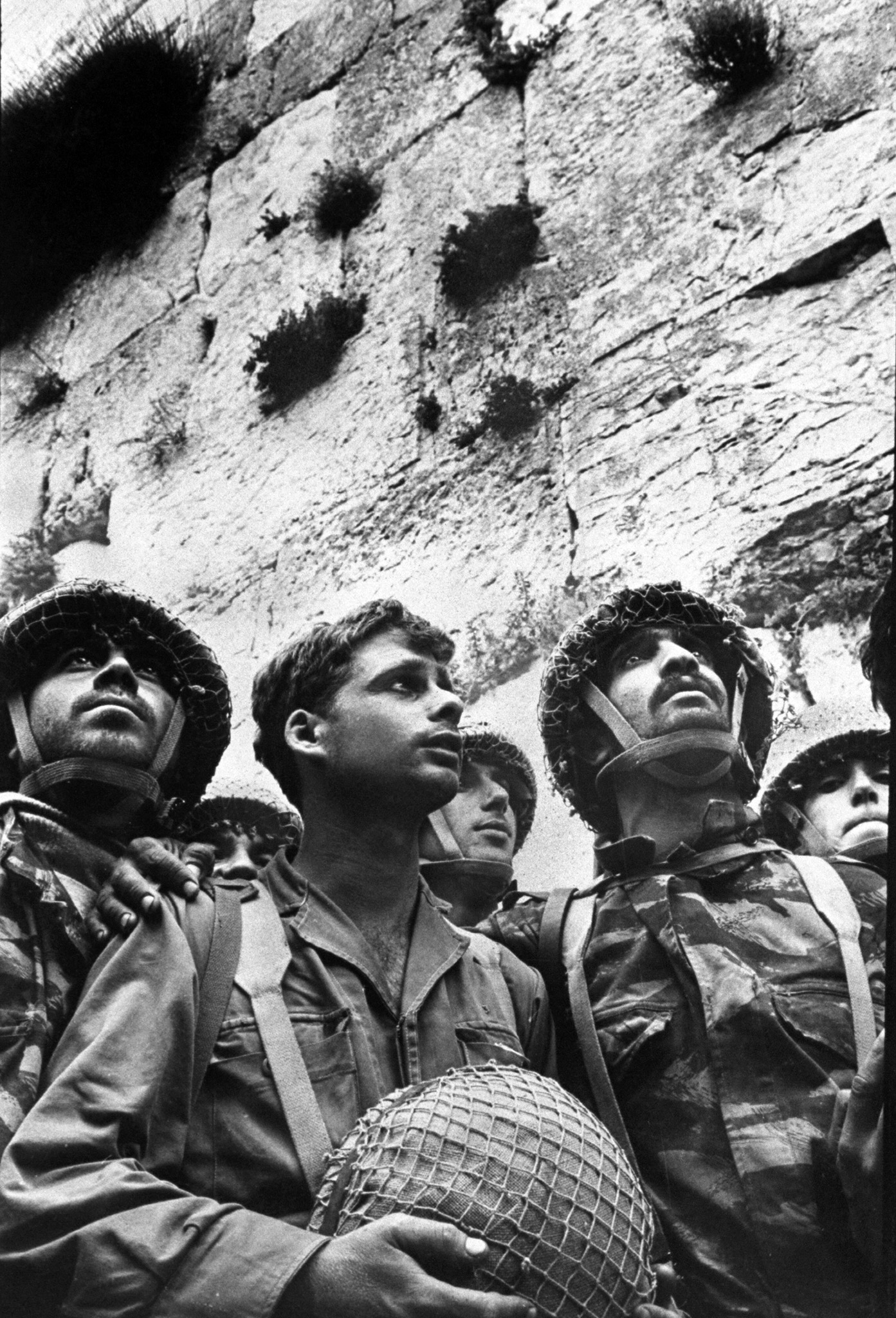
David Rubinger, who died on March 1 at age 92, was the most famous photographer in Israel, the nation whose creation, conflicts and leaders he made his life’s work. Rubinger’s black-and-white images for TIME and sometimes for LIFE were the iconic images of the Jewish state. And his personal elegance over nine decades of life carried an essential quality of the country’s founding generation into a more prosaic present.
Think of a photograph from Israel, and chances are it was taken by David Rubinger. The Israeli paratroopers gaping in awe at the just-captured Western Wall — that was his. A jubilant crowd carrying a leader of the Entebbe raid on its shoulders? He got that. Prime Minister Menachem Begin, bent over to help his wife into her shoe on the official plane, Rubinger captured that, too. He seemed to be present at both every major milestones, and every telling moment, though in many cases that was because he lifted his Leica and made it so. Israel’s president, Reuven Rivlin, recognized just that in his official statement lamenting Rubinger’s passing: “Through his photography, David eternalized history as it will be forever etched in our memories.”
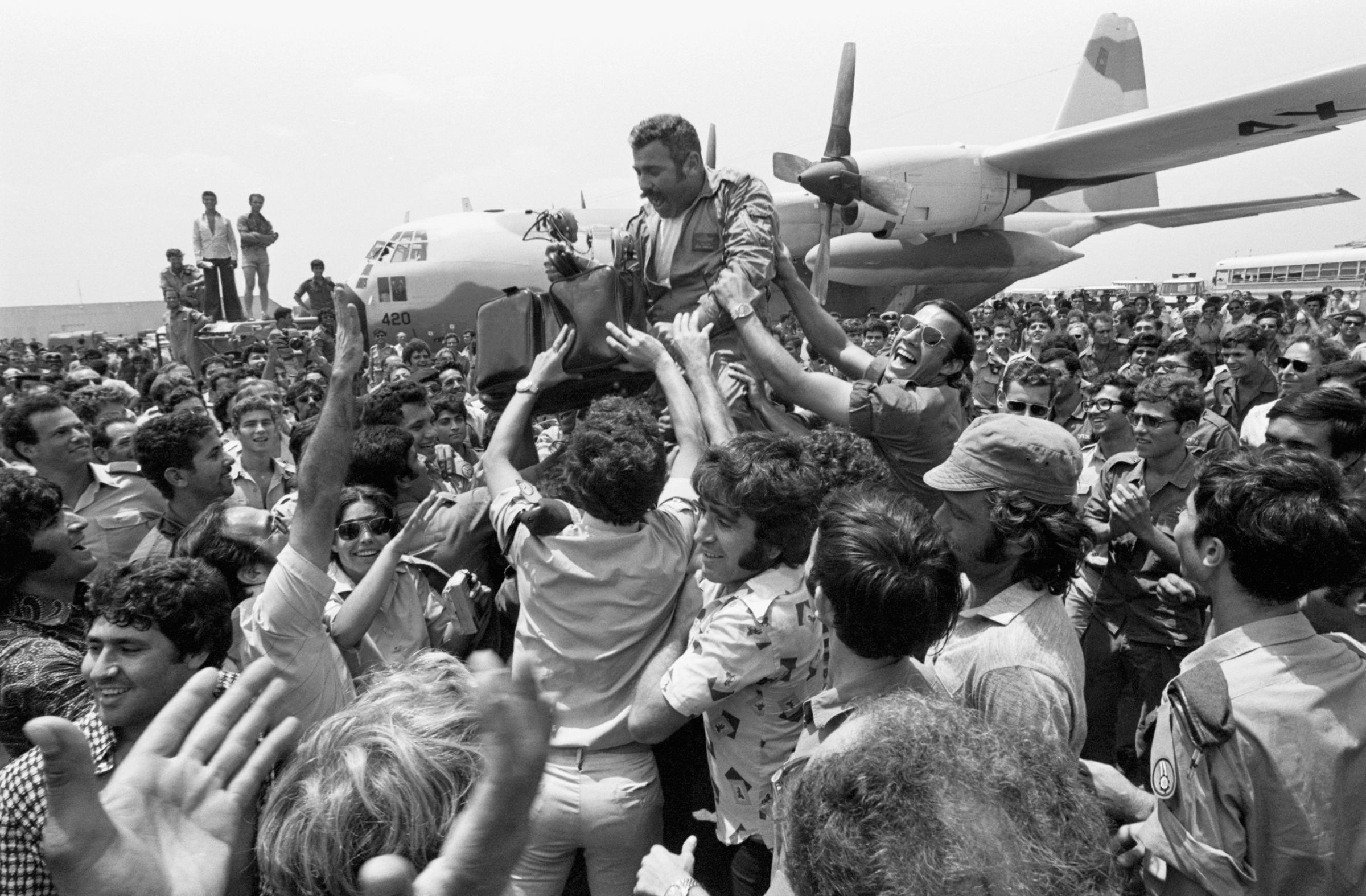
Rubinger had the first thing every photojournalist needs — access — not only because he was impeccably pleasant company, but because he was there from the beginning. Born in Vienna in 1924, Rubinger moved to what was still British Mandate Palestine in 1939. His mother was among the relatives murdered in the Holocaust. He served in the British army’s “Jewish Brigade” during World War II and later fought Arab armies for the contested land on which Israel would be built. He turned to photography at a time when the newborn country was pretty much a bunch of people trying to figure things out, and moved easily in the orbit of every prime minister since David Ben-Gurion, the founder. “When Israel’s leaders saw David, the older ones recalled all their shared history and greeted him warmly; the younger ones felt privileged, because here was a living connection between them and their early-Zionist heroes, whose faces they knew largely from David’s pictures,” Matt Rees, a former TIME bureau chief in Jerusalem, wrote in a tribute for the Foreign Press Association, which Rubinger helped found.
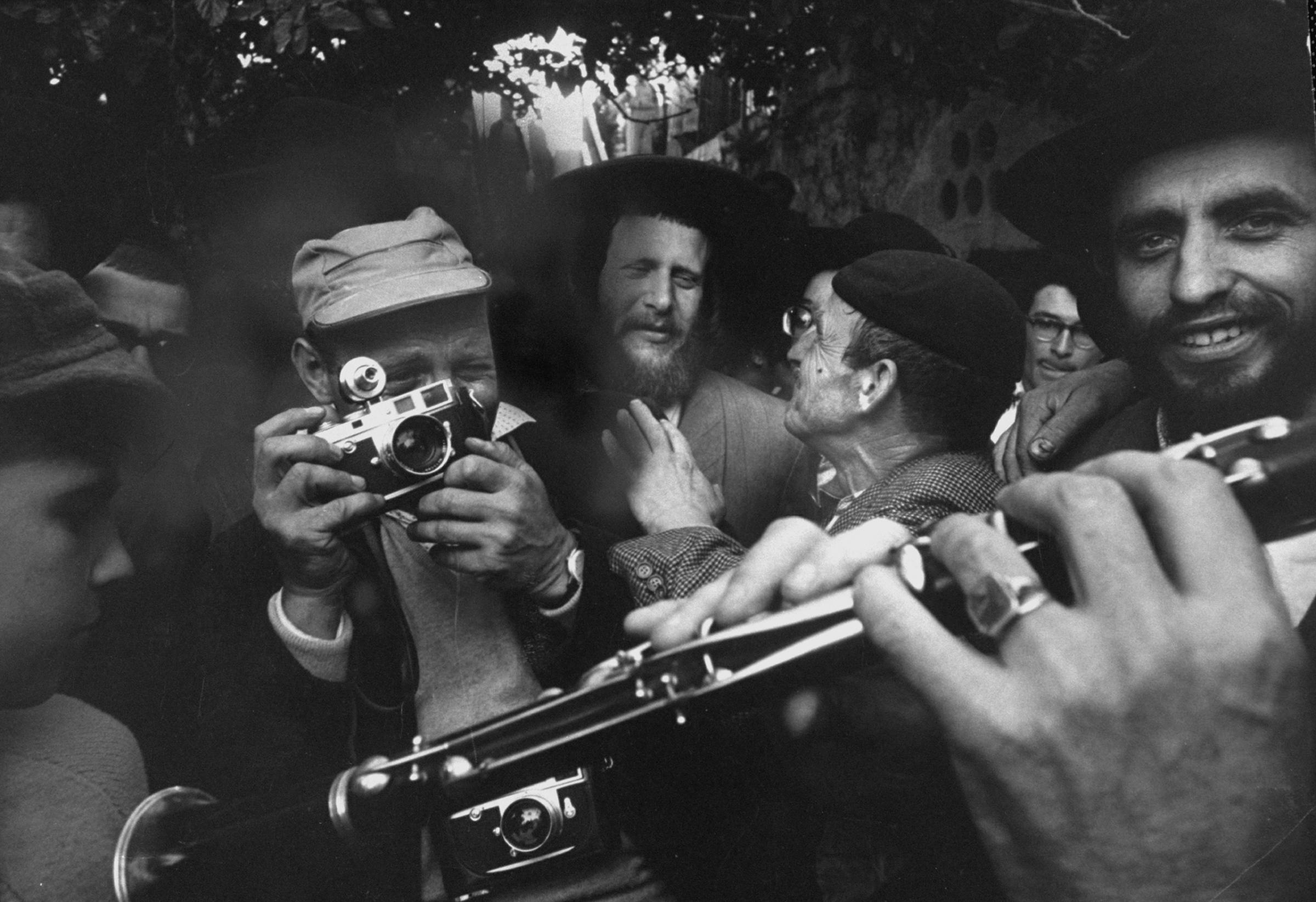
All the while, with his wife of 54 years, Anni, the photojournalist maintained close control over the growing catalogue of his images, assuring both an income and credit for his life’s work compiled in the 2008 book, Israel Through My Lens.
Their home on a leafy cul-de-sac in Jerusalem was a throwback to a more cosmopolitan time in the city, which has always simmered with the conflict with the Palestinians who share it, and in recent decades has taken on the severity of Judaism’s most pious sects. The interior of the low stone house felt like a movie set, decorated with the lushness and taste of a life richly lived. Friends knew it was also the scene of a violent death — the new love Rubinger had found after Anni’s death had been murdered by a gardener there in 2000. Some made much of the fact that the gardener was Palestinian. Rubinger knew the man was angry over money, not politics. “As if we don’t have Jewish murderers,” he said. I last saw him on at a sidewalk cafe in Tel Aviv, eating lunch with a striking woman perhaps two-thirds his age, which at the time would have been 89.
TIME’s senior international photo editor Michelle Molloy and photo assistant Danielle Amy Staif edited this photo essay.
Karl Vick is a correspondent at TIME.
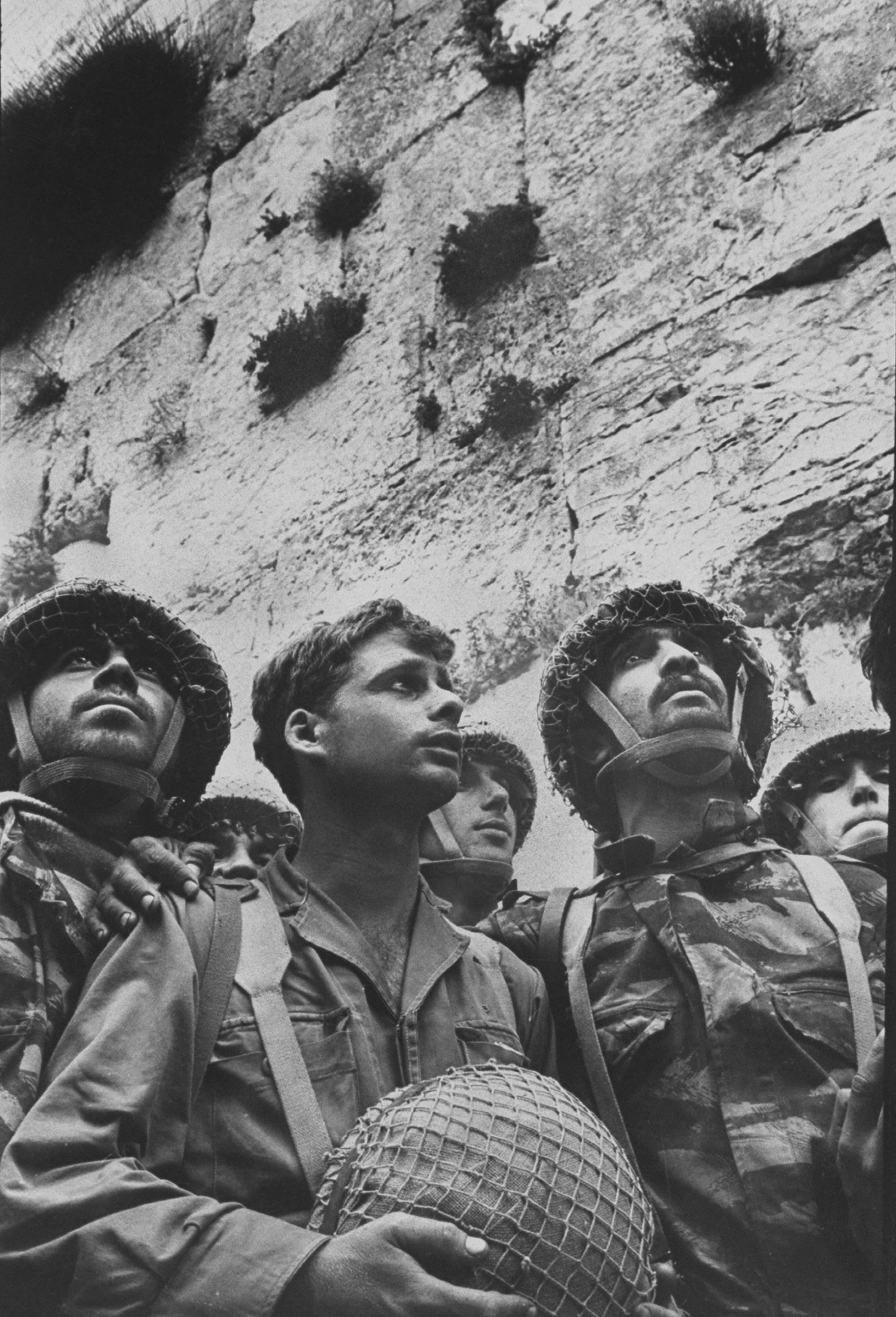
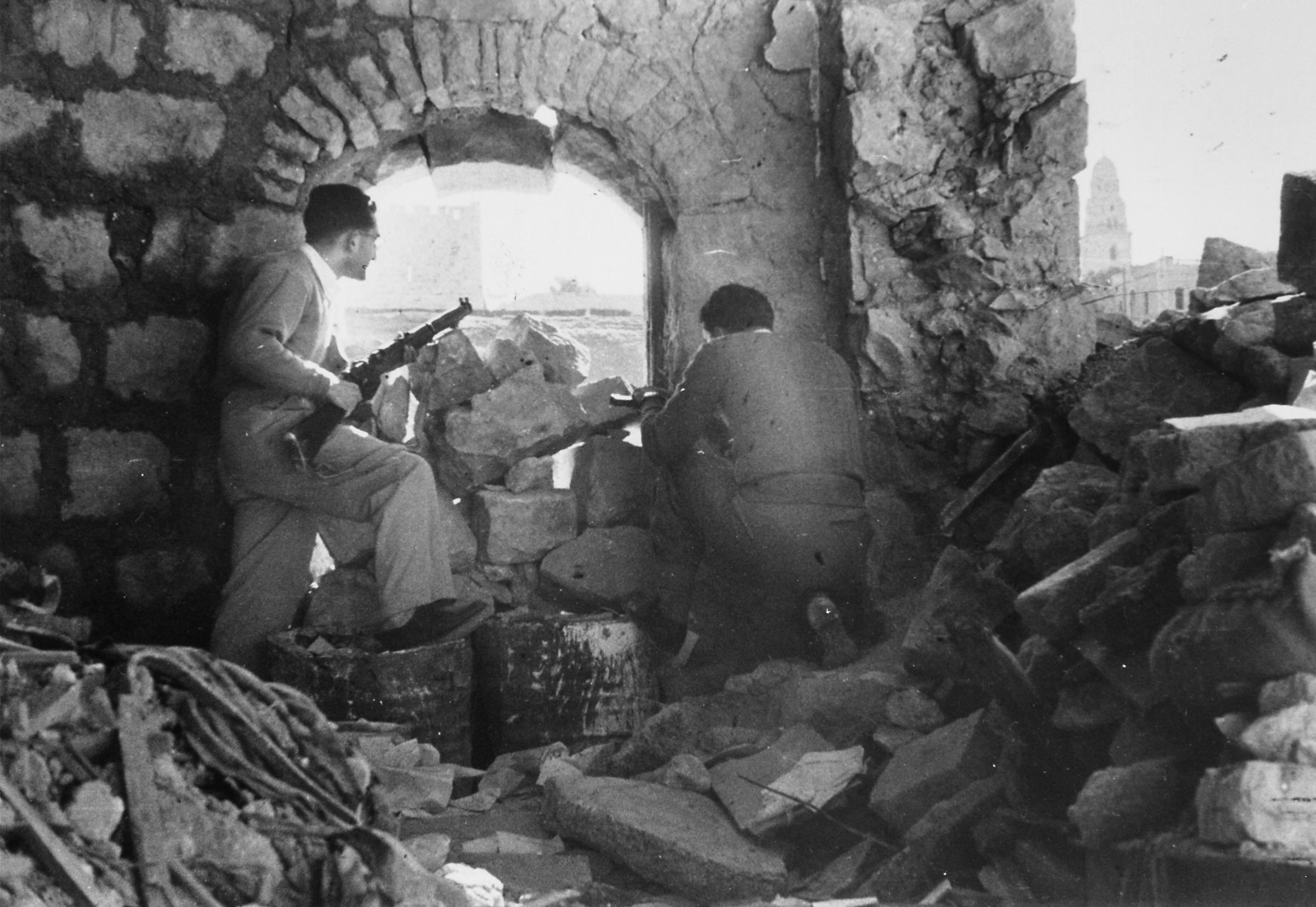
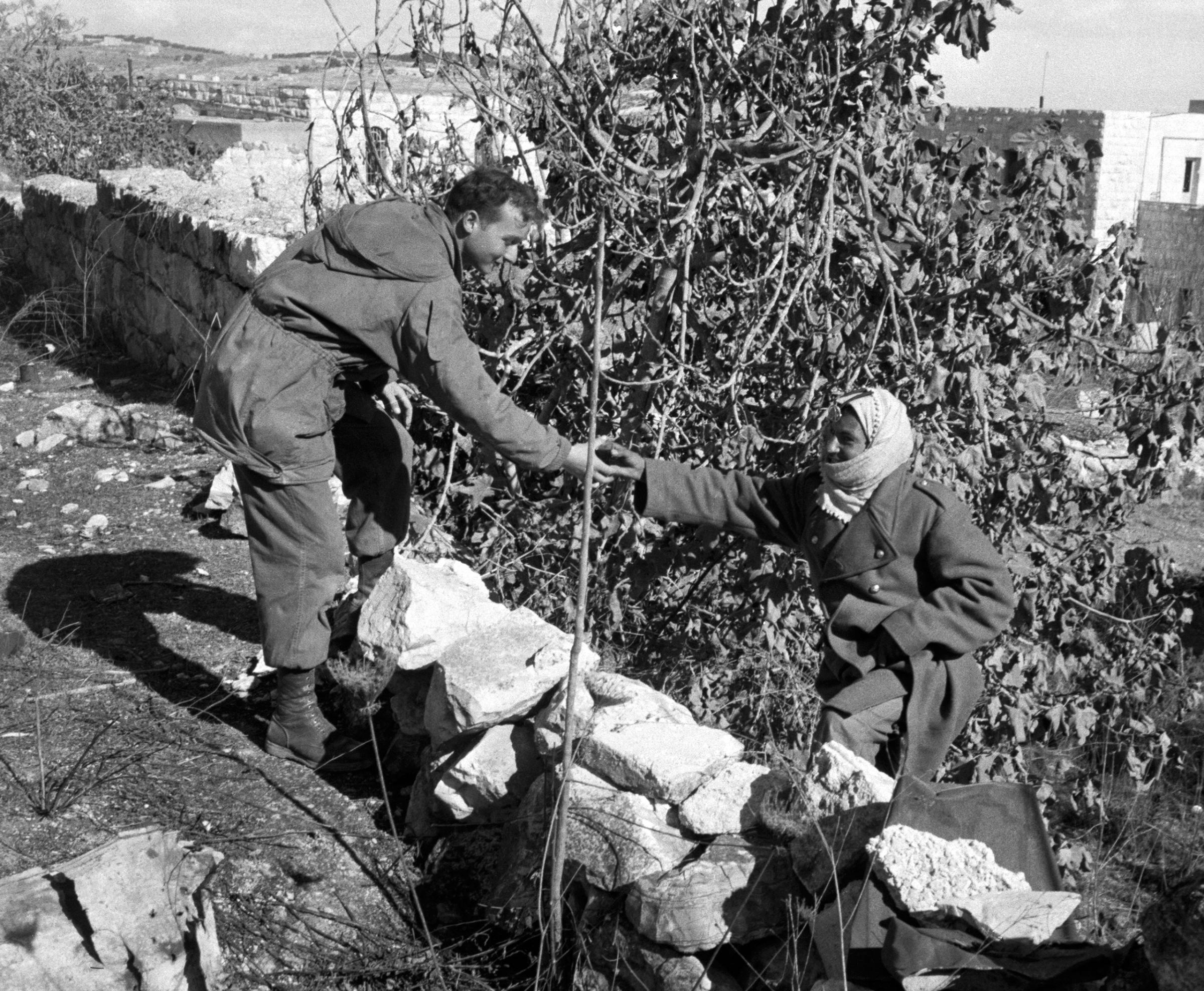
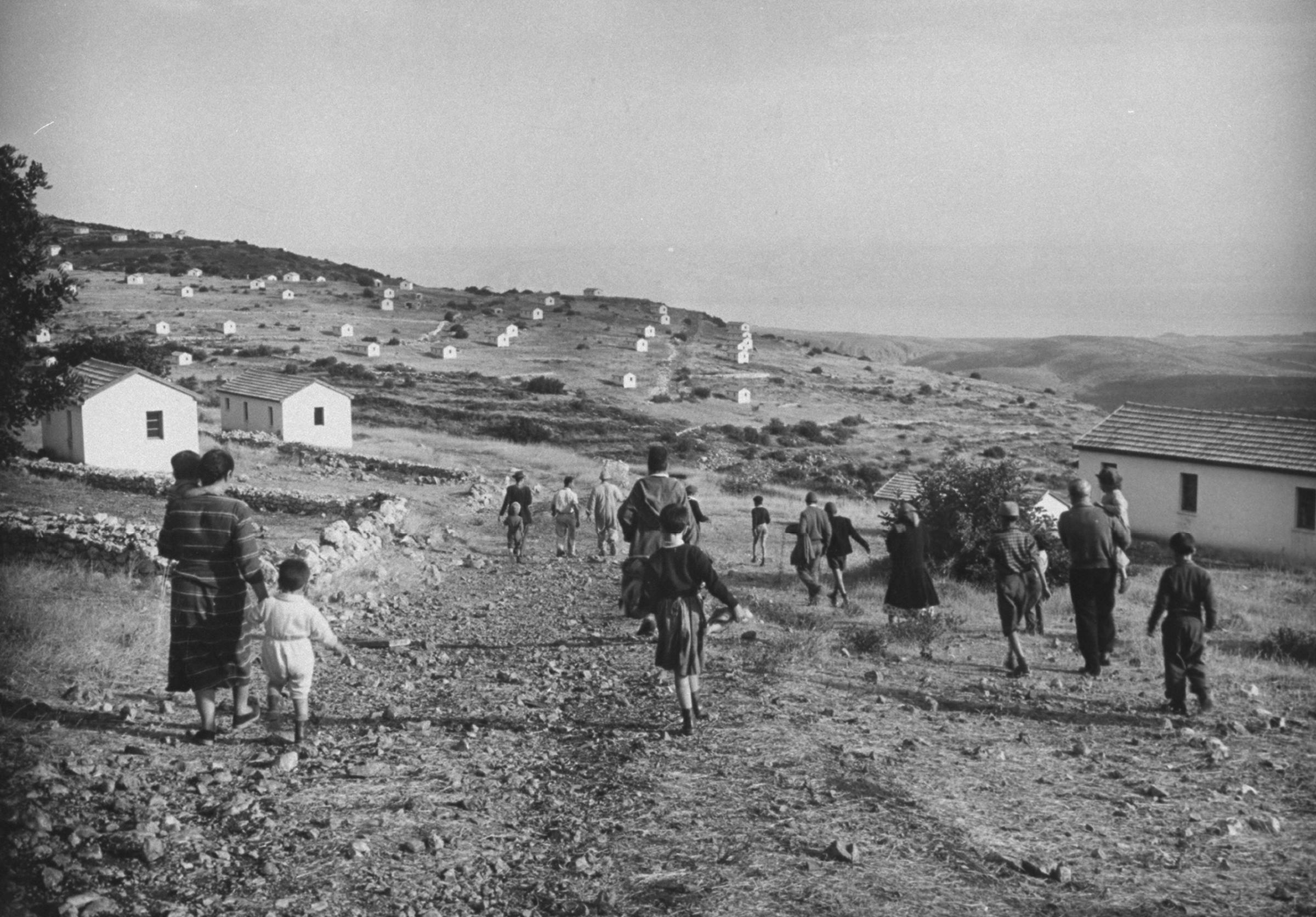
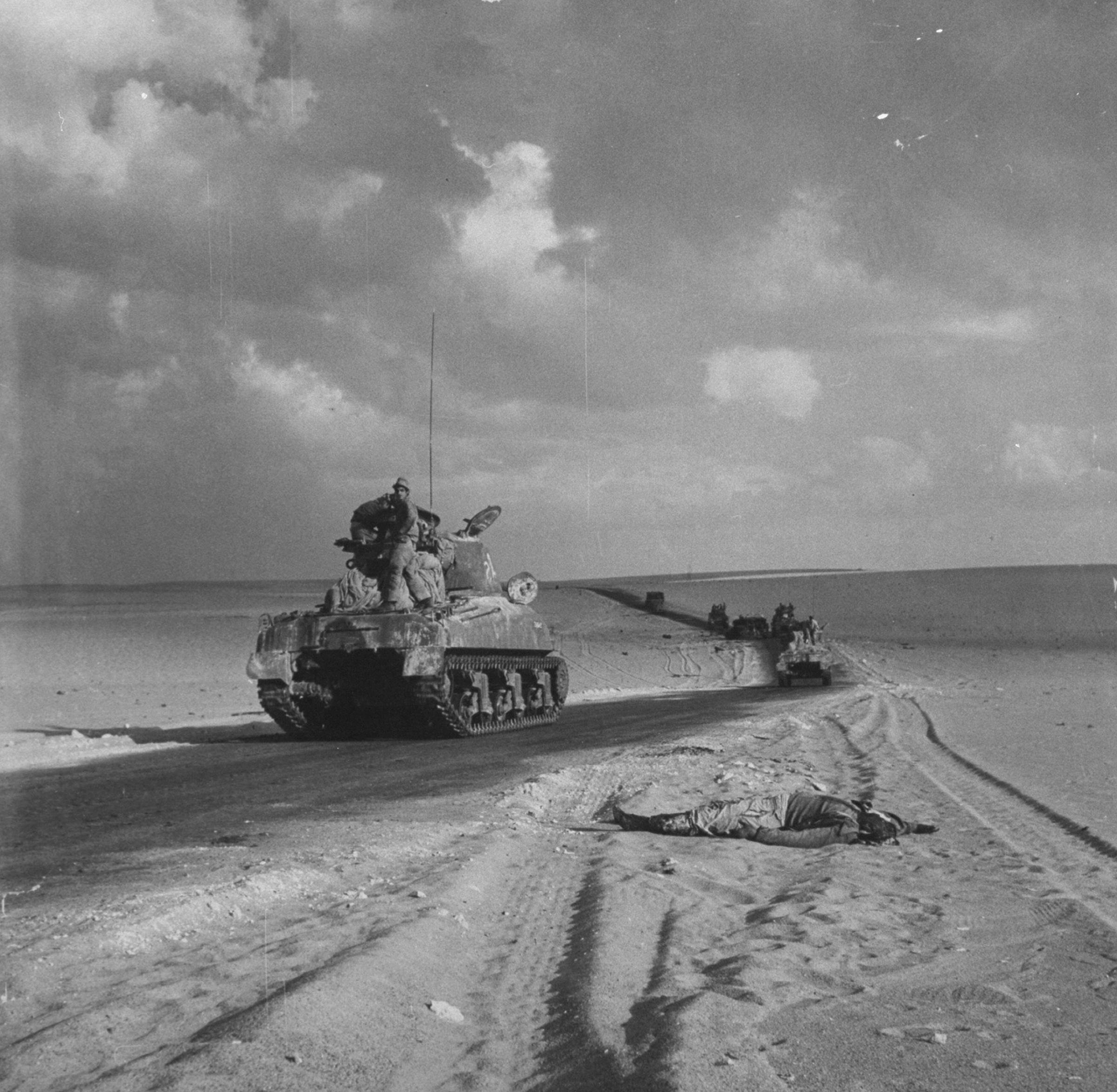
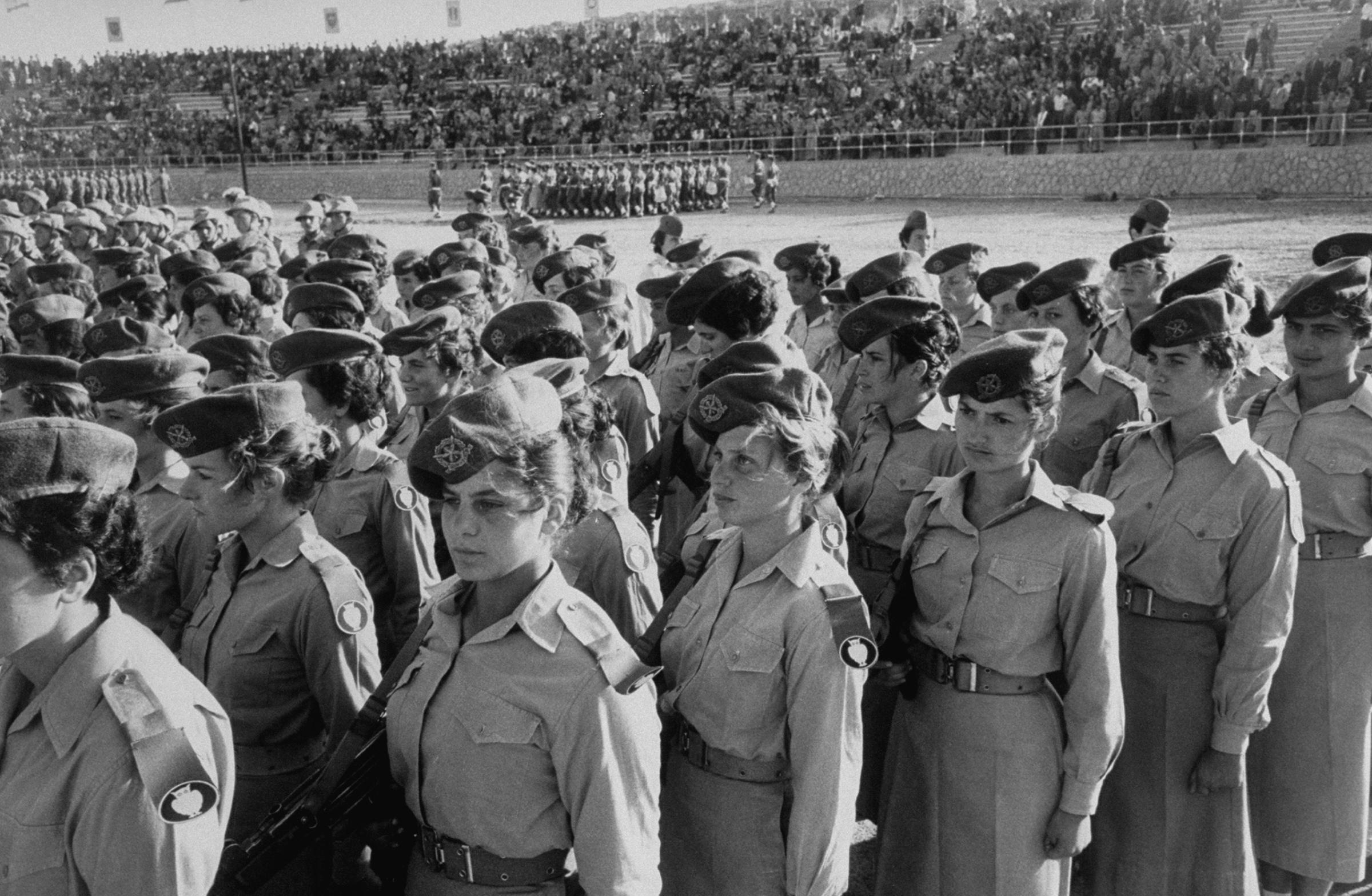
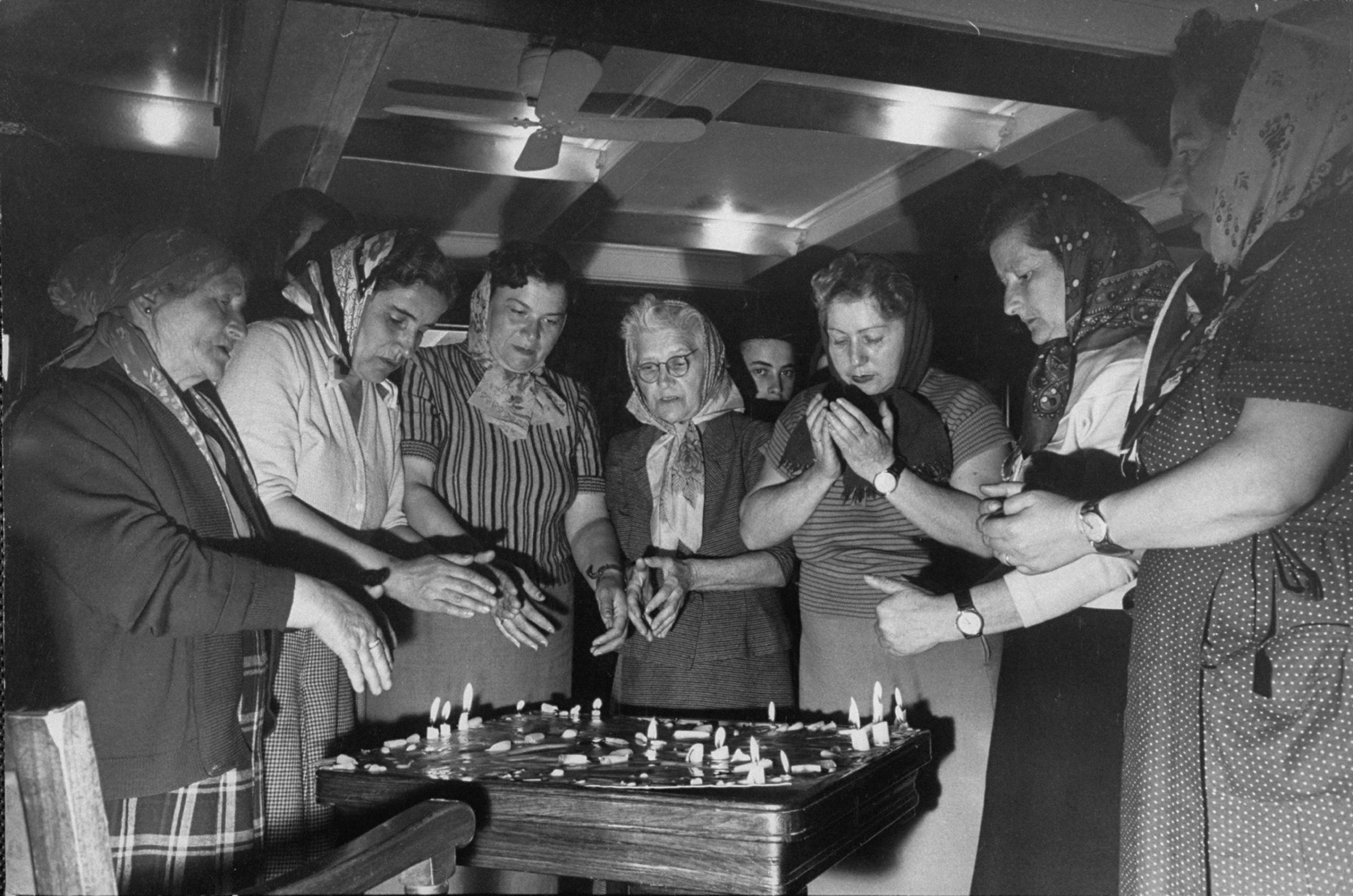
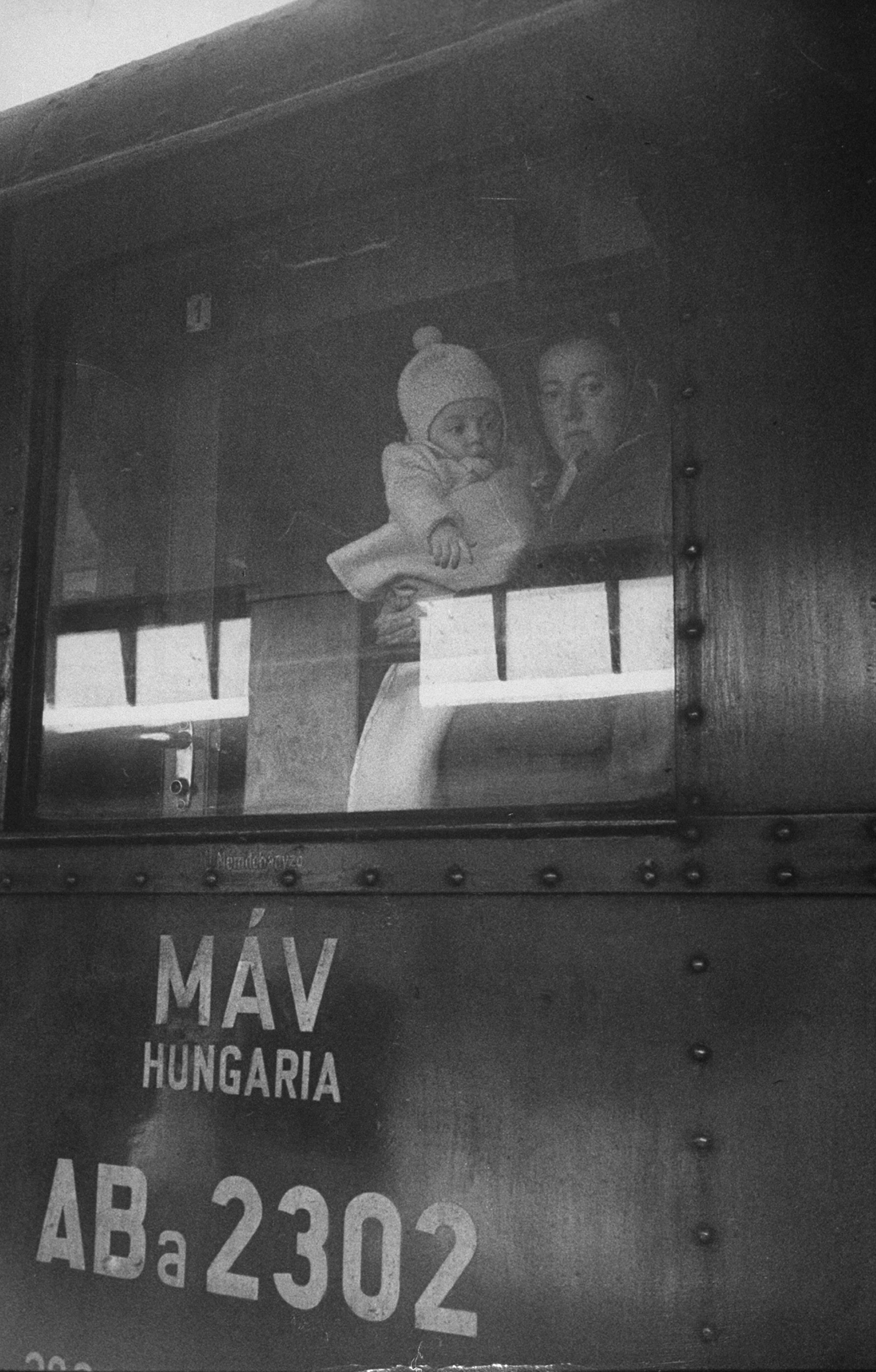
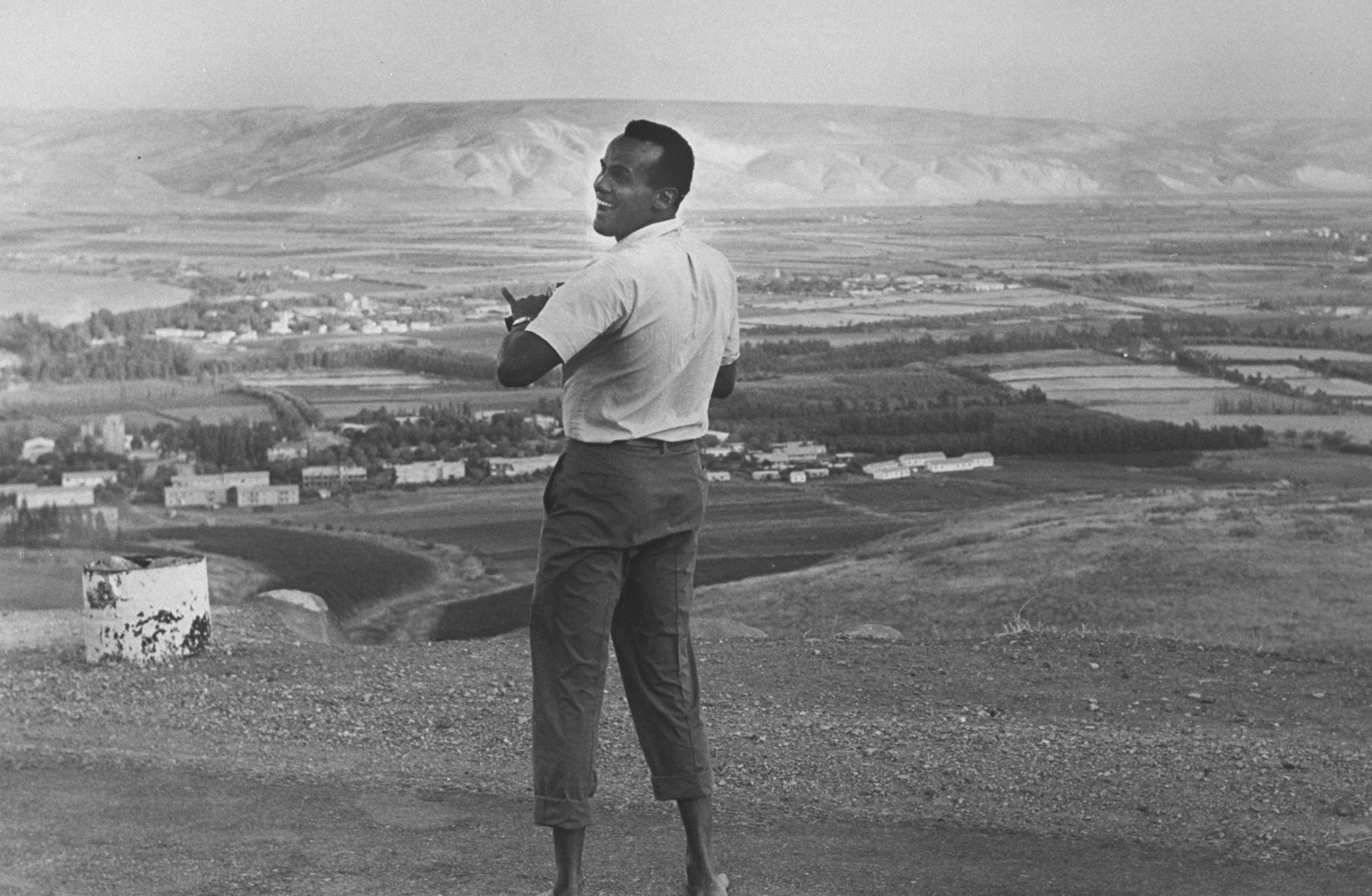
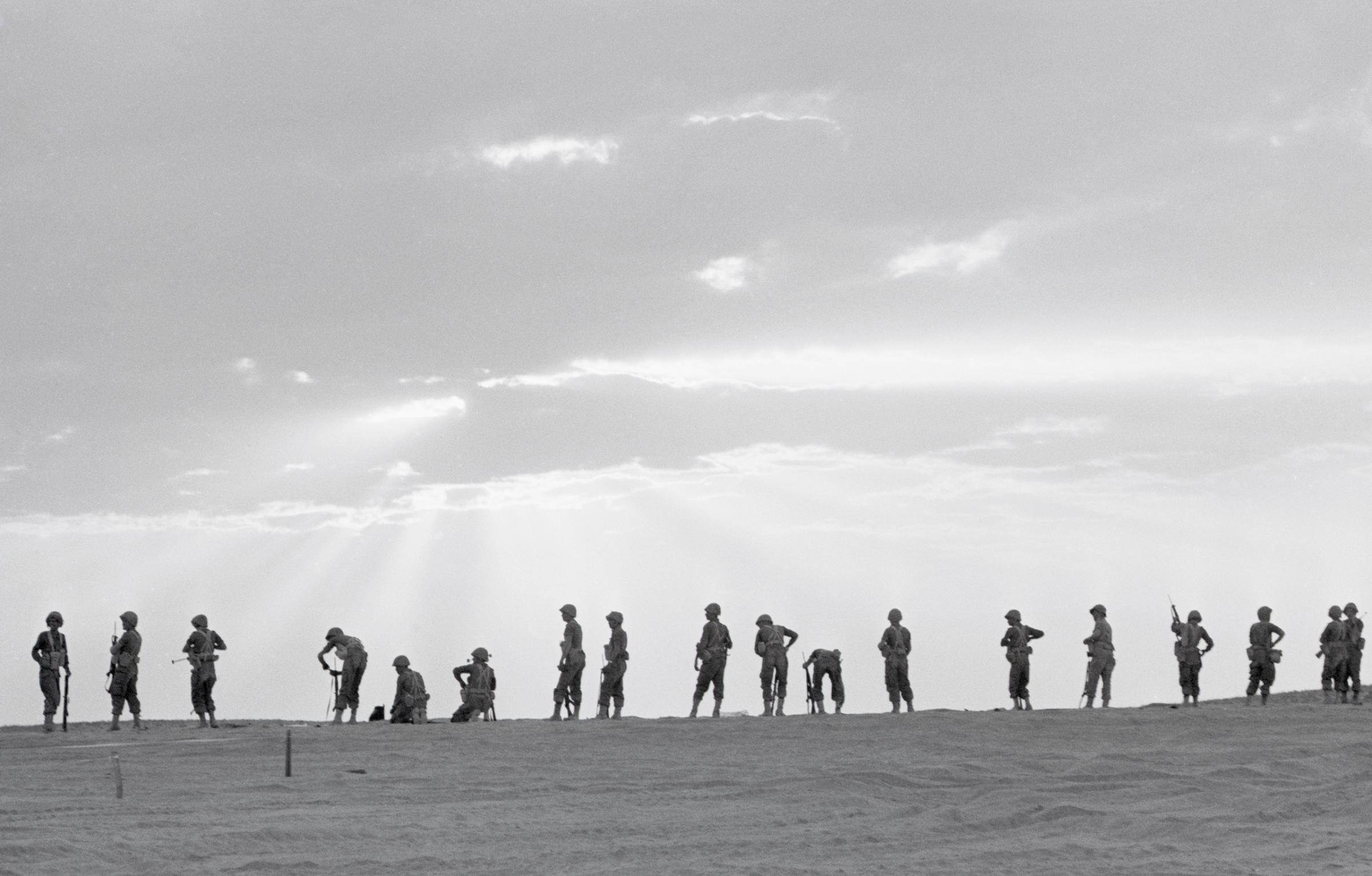
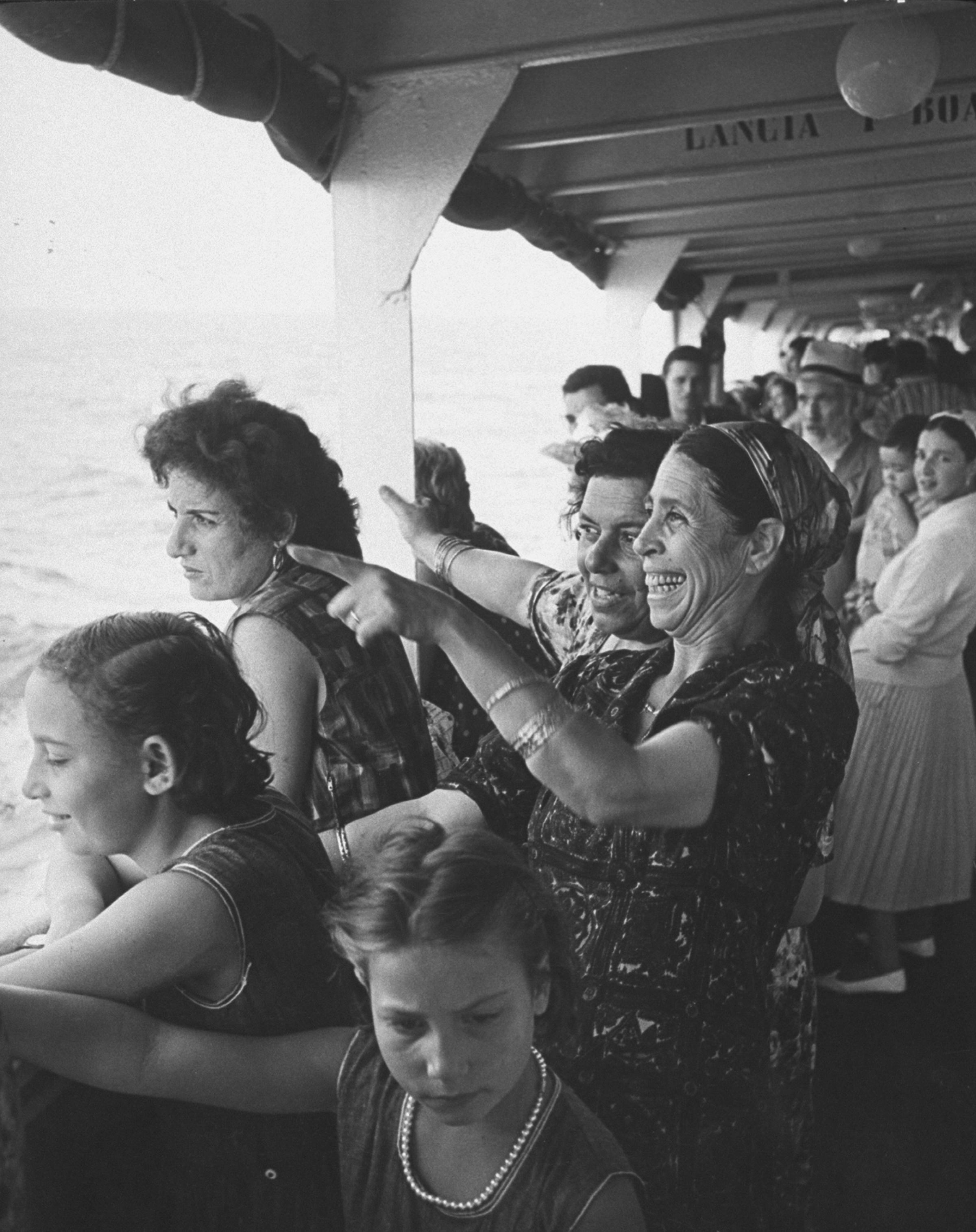
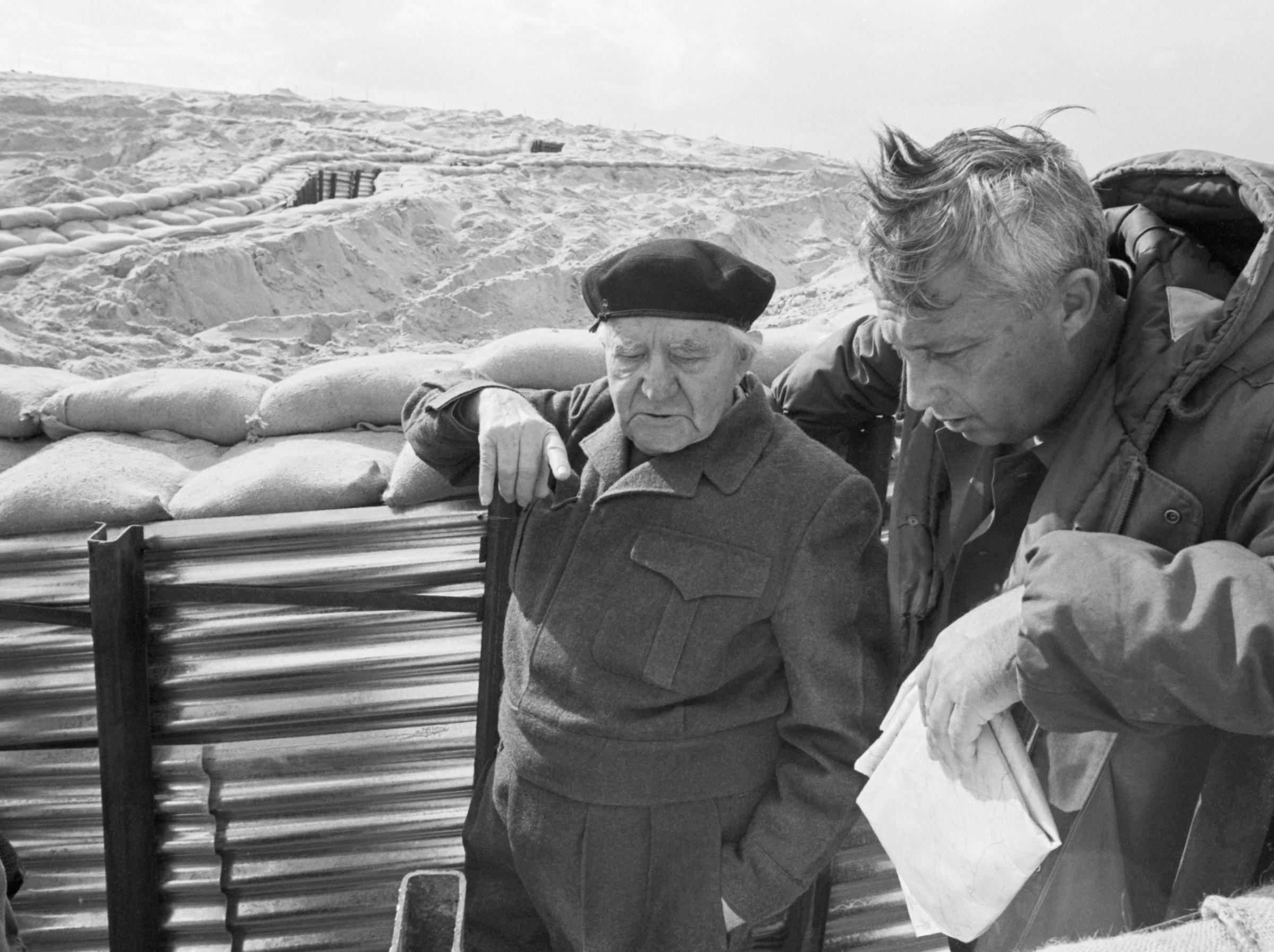
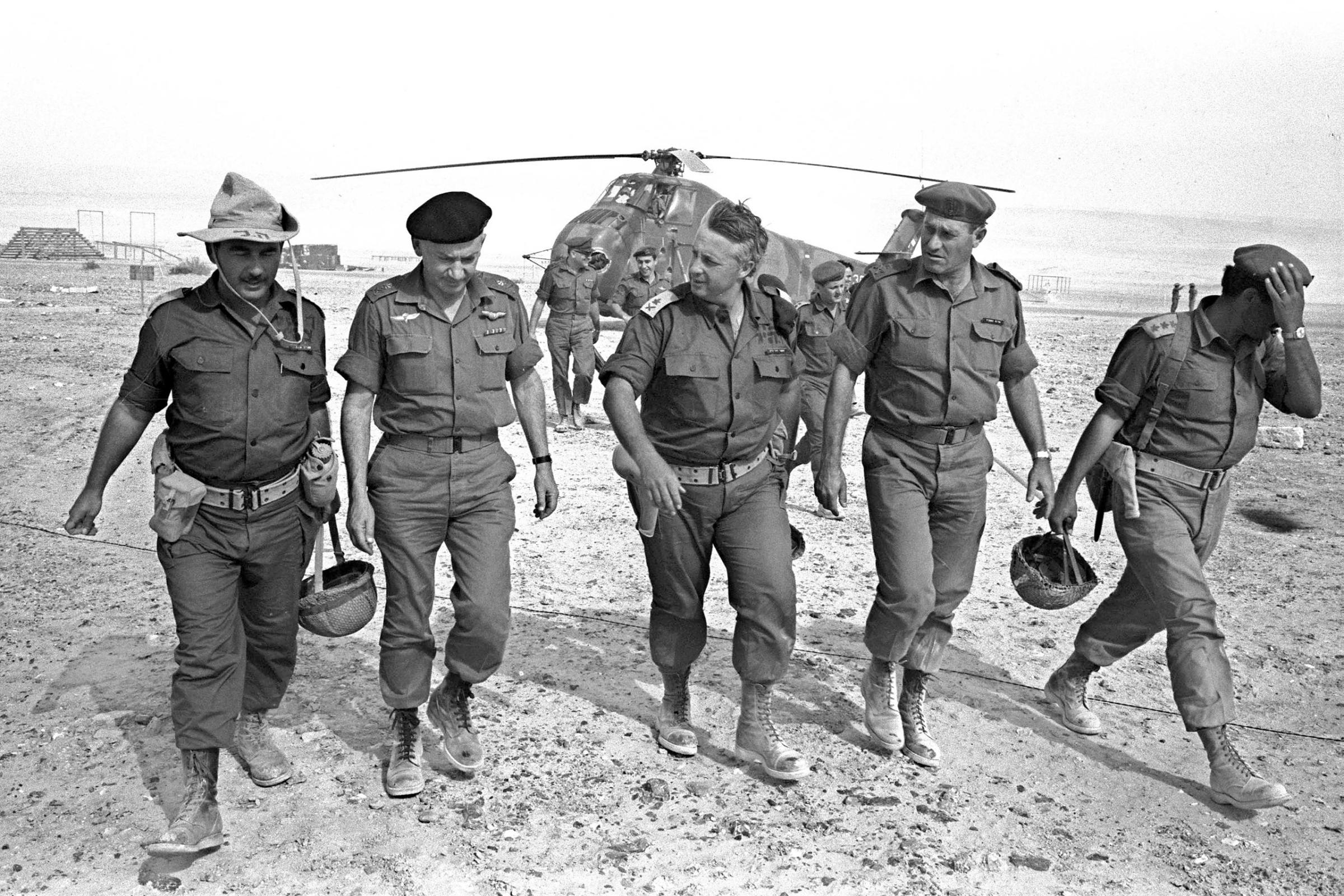

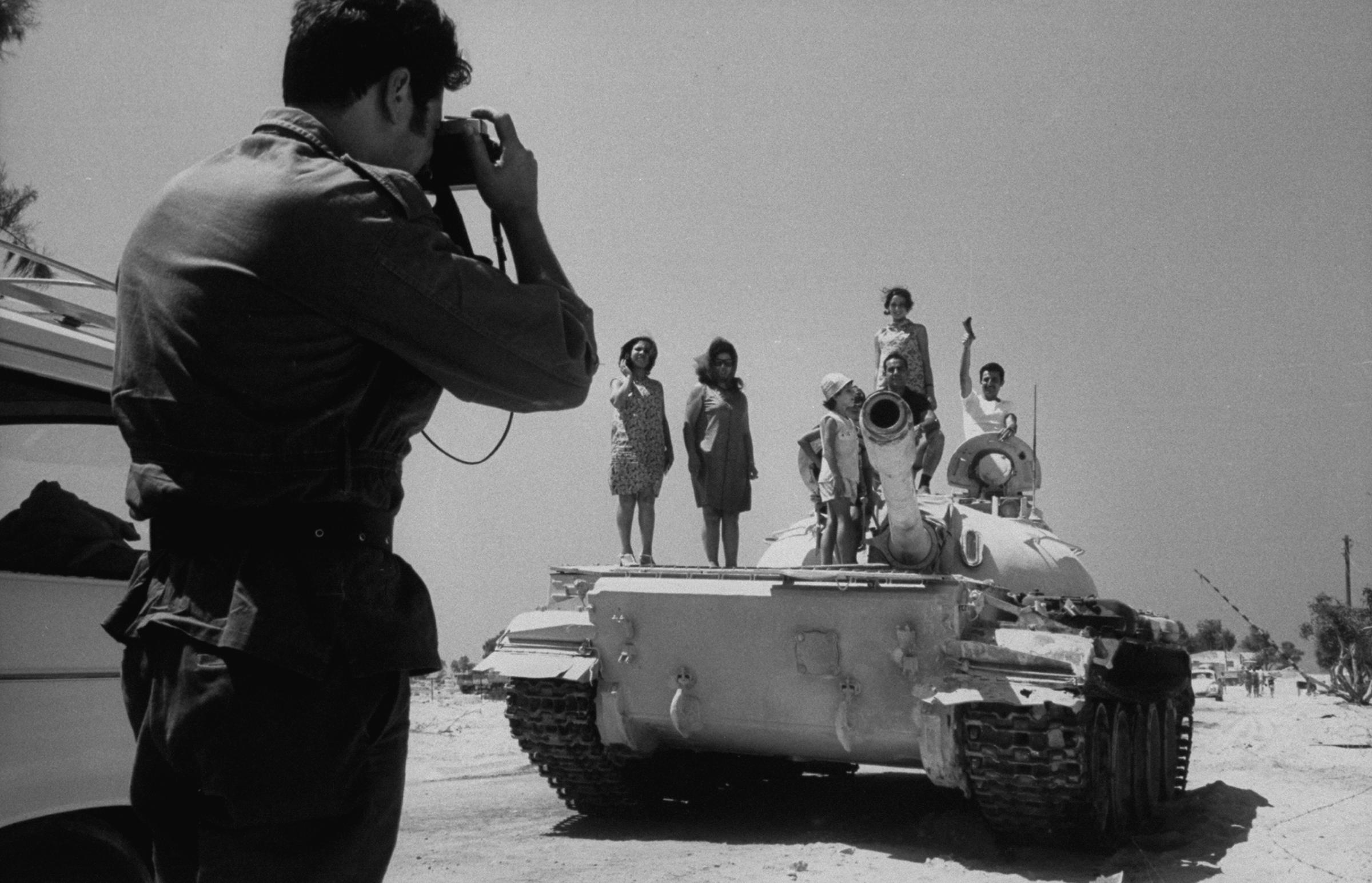
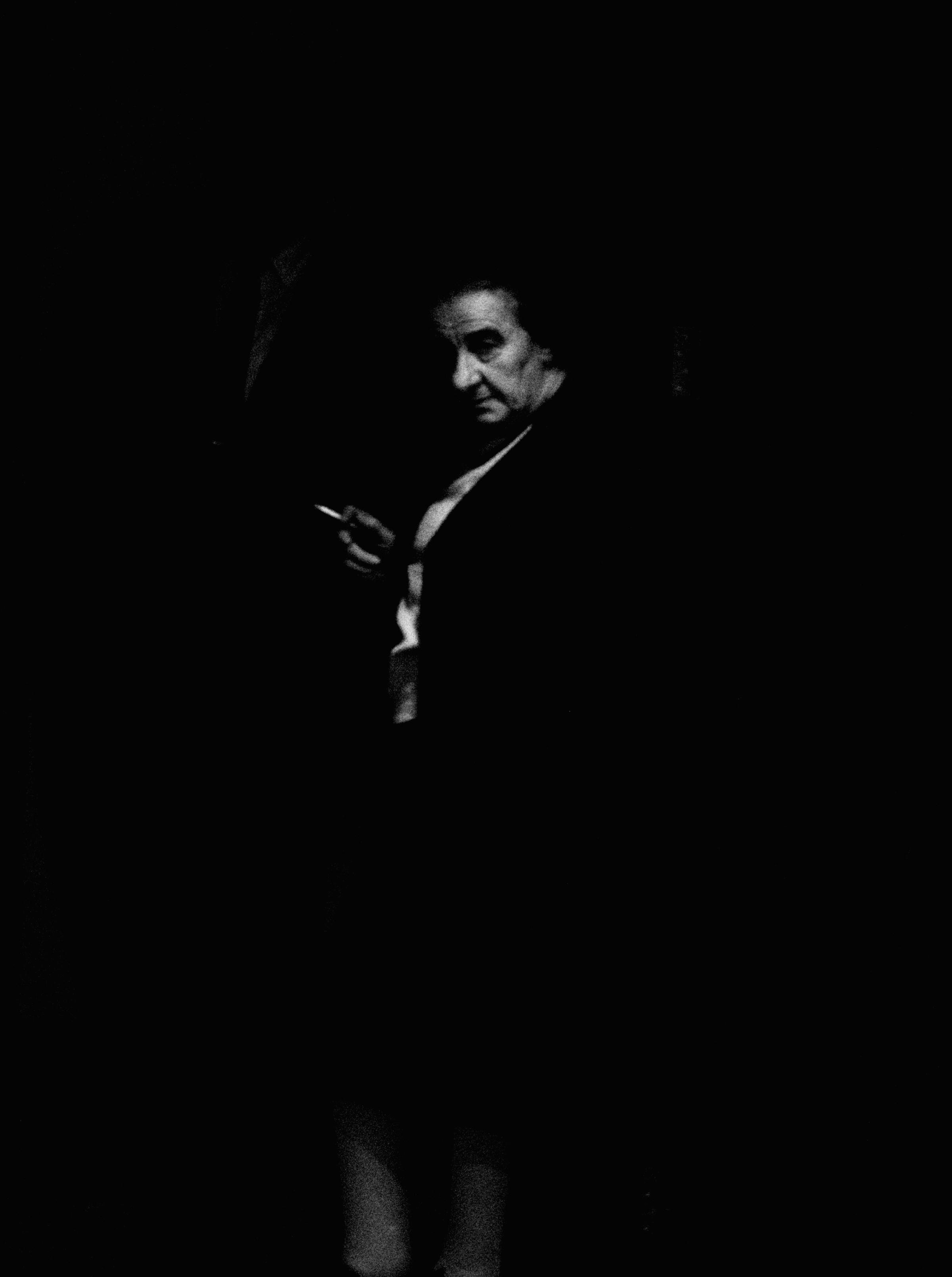
More Must-Reads from TIME
- Cybersecurity Experts Are Sounding the Alarm on DOGE
- Meet the 2025 Women of the Year
- The Harsh Truth About Disability Inclusion
- Why Do More Young Adults Have Cancer?
- Colman Domingo Leads With Radical Love
- How to Get Better at Doing Things Alone
- Michelle Zauner Stares Down the Darkness
Contact us at letters@time.com